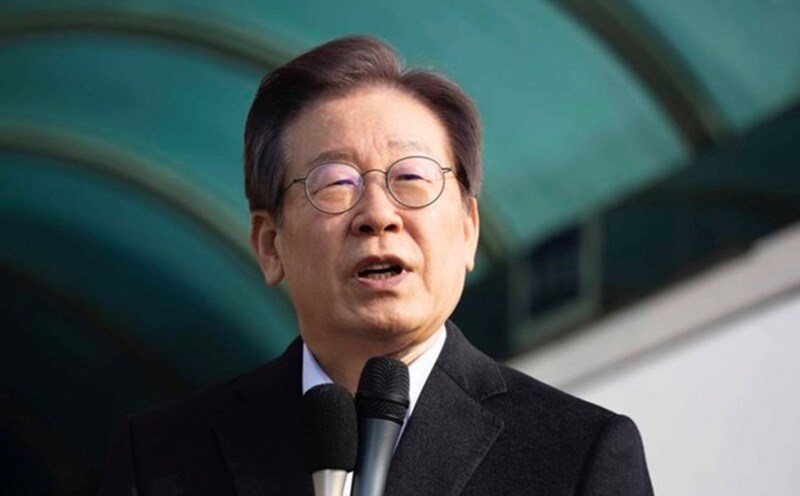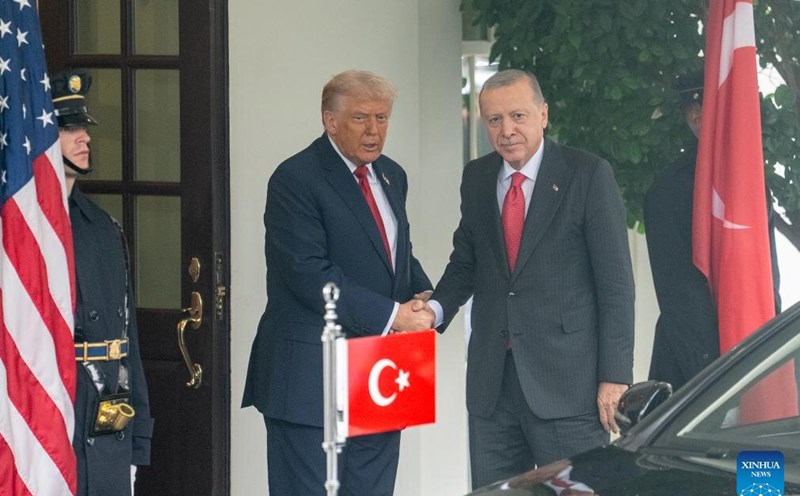On September 26, the US Supreme Court continued to side with President Donald Trump, when allowing his administration to postpone spending about 4 billion USD in foreign aid approved by the National Assembly for the current fiscal year, within the framework of the "America First" policy.
The latest ruling from the Supreme Court blocked a previous ruling by Washington's federal judge Amir Ali, who asked the government to quickly disburse the aid.
The lawsuit was initiated by aid groups, arguing that the Trump administration's move violated spending laws.
The Supreme Court, with six conservative judges making up the majority of three free judges, ruled in Trump's favor.
In the latest ruling, the court said the aid groups may lack a legal basis to file a lawsuit, warning that obstructing Mr Trump during this period could affect the president's foreign affairs rule.
Among the three free judges who expressed disagreement, Elena Kagan called the decision a challenge to the principle of decentralization, stressing that the Constitution clearly stipulates: If the National Assembly has passed spending laws, the president must comply unless the National Assembly decides to cancel them legally.
The above-mentioned $4 billion in aid is allocated to foreign aid, United Nations peacekeeping activities and democratic development programs abroad.
According to the Trump administration's argument, the disbursement is "opposed to US foreign policy" and has sought to block spending with the "pocket rescission" mechanism - a rare measure to avoid approved budget spending.
This year, the Supreme Court has repeatedly intervened at the request of the government, and most have been on Trump's side since he returned to the White House on January 20, 2025.










